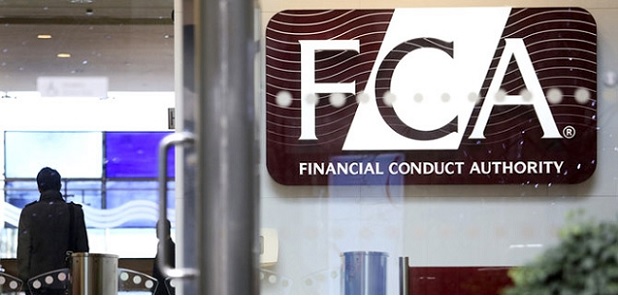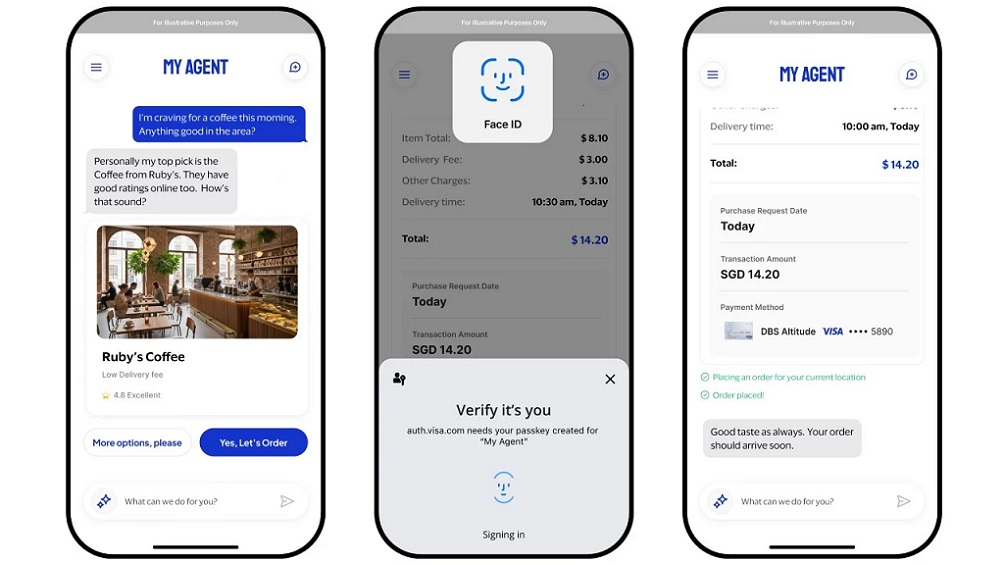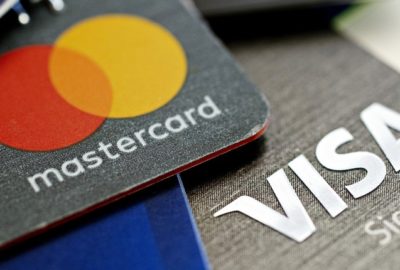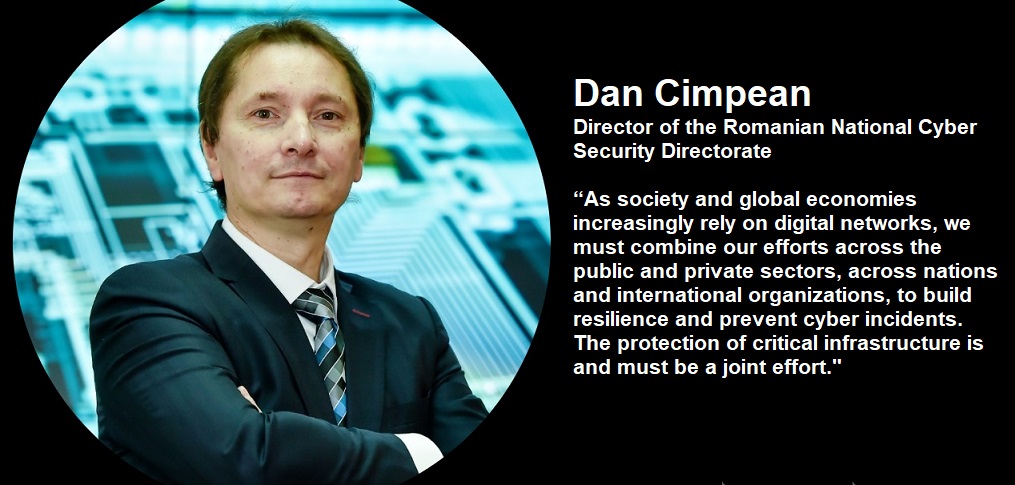UK regulator calls for banks to tighten cancellation processes for stolen contactless cards

The UK’s Financial Conduct Authority is co-ordinating an initiative to address the risks of fraud on contactless cards that have been reported as lost or stolen. The UK’s contactless card programme was derided as ‘chaotic’ by consumer groups after it emerged that customers can still be subject to fraudulent transactions up to eight months after reporting lost or stolen cards.
An investigation by consumer Website moneysavingexpert.com in September last year discovered that customers whose cards have been cancelled may still need to comb through months of statements to check for fraudulent transactions.
The issue was taken up the UK’s Treasury Select Committee, which wrote to the FCA demanding that banks take action.
In a letter to the Treasury Committee, FCA chairman John Griffith-Jones points out that while the risk to consumers remains relatively low at just 0.5% of all contactless transaction, „we agree that public confidence could be eroded without further action”.
The key risks to consumers occurs from transaction at retailers who process payments offline, which affects some 45% of all card purchases.
„Some, but not all card issuers, have systems that identify and block all cancelled card transactions before they are debited from customer accounts,” says Griffith-Jones. „This is one of the solutions that we would like see adopted by all card issuers.”
Other measures entail removing the onus on customers to identify fraudulent transactions and raising awareness among retailers of the Industry Hot Card file, which contains information on over 7.2 million UK cards which have been reported lost, stolen or compromised.
Rachel Reeves, a member of the Committee welcomed the moves adding: „The current chaotic system needs to be reformed to minimise the risk to consumers of fraudulent transactions. Bank customers must have full confidence the system works and that their money is safe. That’s not the case at present.”
The UK’s Financial Conduct Authority (FCA) has set out a series of measures it plans to undertake in order to tighten the processes banks undergo when a customer reports a stolen contactless card, which currently allow — in a “limited set of circumstances” — for a stolen contactless card to be misused by fraudsters “several months after it has been cancelled”.
The key risk to customers occurs when merchants process payments offline and store them in a batch to process later on.
The FCA says it will explore the following issues:
. Removing any onus on customers to identify fraudulent transactions;
. Technical enhancements to reduce the likelihood of post-cancellation contactless fraud;
. Making the option of having a non-contactless card more visible during card issuing;
. Improving customer communications at the time of cancellation;
. Providing clarity to customers on the clearing times for contactless payments;
. Raising awareness of the industry Hot Card File, which contains information on over 7.2m UK cards which have been reported lost.
There are already “a number of controls in place, operated by payment schemes, individual card issuers and the industry, which work to limit fraud losses or the impact on customers when losses do occur,” Griffith-Jones continues.
“Card schemes place limits on the value of each contactless transaction and the number of consecutive contactless transactions before cardholder verification is required — the number of consecutive contactless transactions allowed before a PIN is required is not public to avoid tipping off fraudsters.
“In addition to these controls, both Visa and Mastercard have a lower cap on the value of transactions that are allowed to be processed offline. In addition to these controls, card issuers have their own controls — these include lower limits on the number of consecutive contactless transactions before a PIN is required, and a lower cap on total contactless spending before a PIN is required.”
Dariusz Mazurkiewicz – CEO at BLIK Polish Payment Standard
Banking 4.0 – „how was the experience for you”
„To be honest I think that Sinaia, your conference, is much better then Davos.”
Many more interesting quotes in the video below:









